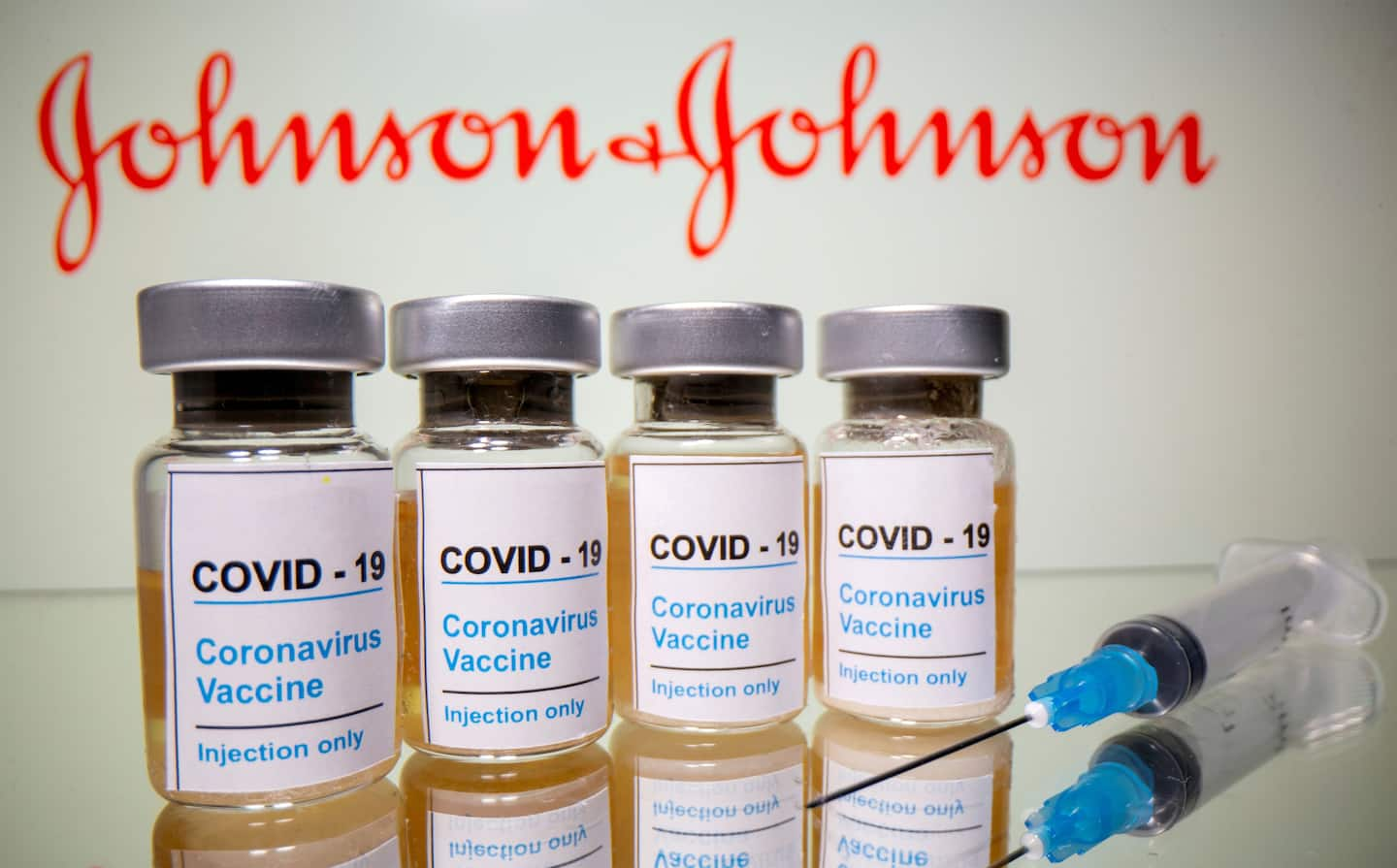The Johnson & Johnson vaccine pause is costing American lives

Just eight people out of roughly 7.4 million who received the Johnson & Johnson vaccine have developed a blood-clot complication. Only one person has died. Not 1,000, not 100 — one. A causal relationship between the vaccine and these blood clots has not yet been established. Moreover, nearly all the adverse events are in women 18 to 48 years old. Yet U.S. health officials have stopped all Americans, regardless of age or gender, from getting the vaccine.
This makes no sense. We are in the midst of a public health emergency. Hundreds of Americans are still dying every day from covid-19, and we are in a race to save lives by immunizing as many as possible. Demand for vaccines still exceeds supply. There are no stockpiles of extra doses of the Pfizer and Moderna vaccines sitting on refrigerated shelves in warehouses waiting to replace all the Johnson & Johnson doses the government has withheld. That means the pause will leave many who would have been immunized against the coronavirus unprotected.
How many lives has the government unnecessarily endangered? Just before the FDA announced its pause on April 13, the United States was administering approximately 475,000 Johnson & Johnson doses per day. Pulling those vaccines from circulation has led to canceled appointments at vaccine clinics across the country, leaving untold numbers of Americans at greater risk of contracting and dying from covid-19. Many of those who have had their Johnson & Johnson vaccination appointments canceled are in vulnerable populations — including the homeless, migrant workers, residents of remote rural areas and those who are vaccine hesitant — who were more likely to be reached by the Johnson & Johnson vaccine that requires just one dose and no special storage.
These Americans have a far greater chance of dying from covid-19 than they would have from the vaccine. Ashish Jha, dean of the Brown University School of Public Health, points out that an unvaccinated person’s risk of getting covid may be as high as 1 in 1,000 per day, and that person’s chances of dying from covid once they get it is about 1 in 100. So, he calculates, each unvaccinated day the risk of death is 1 in 100,000.
The risk of death after taking the Johnson & Johnson vaccine, by contrast, is 1 in 7.4 million The danger of developing blood clots from covid is also far greater than from the vaccine. One study of more than 8,000 covid patients found that about 20 percent of those hospitalized with covid-19 developed blood clots, which increased to 31 percent among patients in an intensive care unit. By contrast, 0.000001 percent of people who received the Johnson & Johnson vaccine have developed clots. Yet the government is stopping distribution of a vaccine that is proven to protect against covid hospitalizations out of concern over blood clots?
Withholding the Johnson & Johnson vaccine will not only kill people who want to get immunized but can’t; it will also kill people by causing more vaccine hesitancy. A Economist/YouGov poll shows that since the pause took effect, the number of Americans who believe the Johnson & Johnson vaccine is safe has dropped from 52 percent to just 37 percent. This will prove deadly when demand is met among those who are eager to be vaccinated, and the government’s job shifts to convincing hesitant Americans to take them.
We will never know precisely how many Americans died because of the decision to halt the Johnson & Johnson vaccine, or who they were. But their lives matter, and should factor into the government’s decision-making. They don’t because, while there are many good people at the FDA and CDC, they face perverse incentives. Former FDA commissioner Alexander M. Schmidt once told Congress, “In all of FDA’s history, I am unable to find a single instance where a congressional committee investigated the failure of FDA to approve a new drug. But the times when hearings have been held to criticize our approval of new drugs have been so frequent that we aren’t able to count them.”
As Joe DiMasi and Christopher-Paul Milne of the Tufts Center for the Study of Drug Development have explained, “When bad drugs are approved quickly, the FDA is scrutinized and criticized, victims are identified, and their graves are marked. In contrast, when good drugs are approved slowly, the victims are unknown.”
With the Johnson and Johnson vaccine, we now see the terrible outcome of these twisted incentives. The FDA approved the vaccine faster than usual for emergency use because of the pressures of the pandemic. But now public health officials are pulling it back because of eight complications out of 7.4 million doses and a single death — even though many more people will likely die from the decision to withhold it.
Read more:






